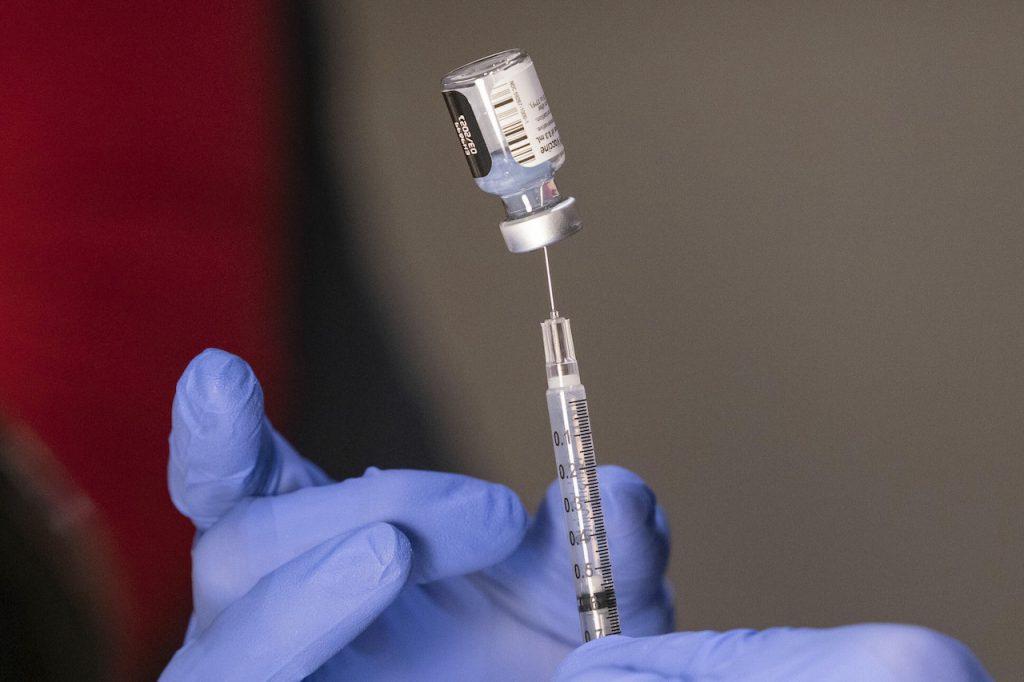UK, others agree to fast-track adapted Covid-19 vaccines
The agreement will avert the need for lengthy clinical studies if authorised vaccines are adapted in future, as long as the manufacturers offer 'robust evidence' of their potency and safety.
Just In
Modified vaccines designed to protect against emerging coronavirus variants will get fast-track approval under a pact announced on Thursday by medicines regulators in Britain and four other countries.
The agreement will avert the need for lengthy clinical studies if authorised vaccines are adapted in future, as long as the manufacturers offer “robust evidence” of their potency and safety, according to the agreement by the ACCESS Consortium.
The consortium comprises Britain’s Medicines and Healthcare products Regulatory Agency (MHRA) and counterparts from Australia, Canada, Singapore and Switzerland.
“Our priority is to get effective vaccines to the public in as short a time as possible, without compromising on safety,” MHRA chief scientific officer Christian Schneider said in a statement.
“Should any modifications to authorised Covid-19 vaccines be necessary, this regulatory approach should help to do just that.
“The public should be confident that no vaccine would be approved unless the expected high standards of safety, quality and effectiveness are met.”
The approach is based on the “tried and tested” regulatory process used for seasonal influenza vaccines, which need to be adapted every year to combat new strains, the MHRA said.
‘Remain vigilant’
Britain began rolling out the world’s first mass vaccination programme for the coronavirus in December. But health experts are concerned that new variants of the disease, including one from Brazil, could prove more resistant to the vaccines.
That would undermine plans by Britain and others to start unwinding lockdowns in the coming weeks, which hinge on the vaccines giving enough people protection and bringing down a winter surge in infections and deaths.
In England, the latest wide-scale survey of more than 165,000 volunteers tested for Covid-19 showed that prevalence fell by two-thirds last month from January, with one in every 204 people infected.
The survey overseen by London’s Imperial College showed the “R” number in England came to 0.86. Anything under 1.0 signals the virus is no longer growing exponentially in the population.
But it also found that the rate of decrease was slowing, prompting Health Secretary Matt Hancock to urge continued caution as England prepares to reopen schools to in-class teaching next Monday in the first phase of ending its lockdown.
“There is some cause for concern that our hard-won progress may be slowing down, and even reversing in some regions so it is important we remain vigilant – this is on all of us,” Hancock said.
More than 123,000 people have died of Covid-19 across the UK, in one of the world’s worst outbreaks.
Subscribe to our newsletter
To be updated with all the latest news and analyses daily.
